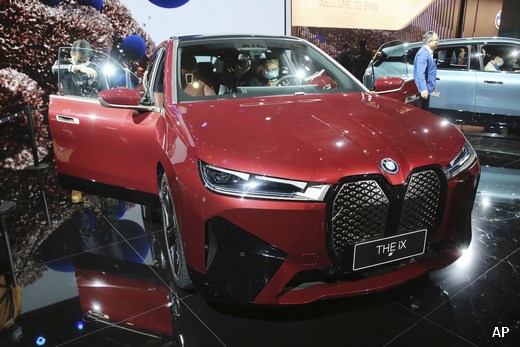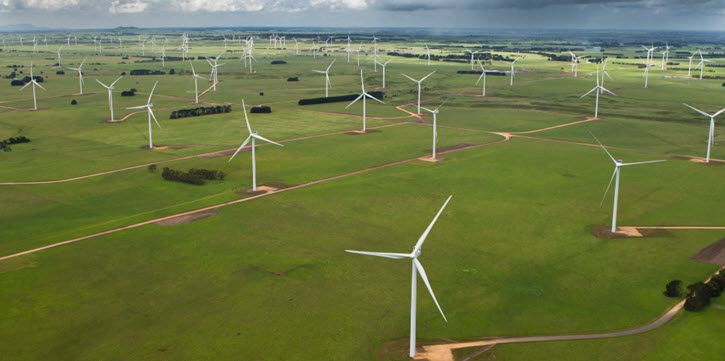
The Biden administration's proposed infrastructure plan calls for 500,000 new electric vehicle charging stations nationwide. Governor Gavin Newsom recently announced that California will mandate all new cars and passenger trucks sold in the state to be zero-emission vehicles by 2035.
Indeed, many have high hopes for the electric vehicle market. Morningstar analyst Seth Goldstein forecasts a 2028 global adoption rate of 15% and explains "when you count the lower variable operating costs from electricity versus gasoline, you're going to have a cost of ownership from electric vehicles that's going to be on par with traditional internal combustion engines."
Of all electric vehicle companies, Tesla (TSLA) by far gets the most media coverage and attention from the investing public. Tesla's stock entered 2020 at around $90, and shares topped $900 about a year later. Even though Tesla had fallen back to around $589 at the time of writing, it is overpriced compared with Morningstar's fair value estimate (FVE) of $354. After Q1 results, analysts upgraded the company's FVE to $354, but it is still a 1 Star Stock, which means it is significantly overvalued.
Those who'd like to play the electric vehicle trend - but at a better price than Tesla's - can consider these names instead. All three stand to benefit from electric vehicle adoption. Here are some alternatives picked by Morningstar automotive analyst Richard Hilgert.
BorgWarner (BWA)
Industry: Auto Parts
"BorgWarner introduced project Charging Forward, highlighting its revenue growth potential from electric vehicles, during its investor day presentation [in March]. Under the initiative, management estimates revenue from electric vehicle products will grow from less than 3% of 2021 revenue to more than 25% of 2025 revenue and account for more than 45% of revenue by 2030.
"BorgWarner is also well positioned for growth in hybrids and battery electric vehicles. The Delphi acquisition adds electric and electronic controls to BorgWarner's electric motors and driveline technologies. Regardless of the powertrain automakers choose, we think BorgWarner's revenue growth potential remains unchanged."
Nissan Motor (7201)
Industry: Auto Manufacturers
"Nissan has been in turnaround mode, trying to reduce overhead and to re-establish its product strategy.
"The company's gamble on an early move into mass-market electric vehicle technology could provide a temporary competitive advantage from having a greater amount of on-road experience. Alliance partners' (Renault and Mitsubishi) co-investment in all-electric vehicle capacity helps reduce Nissan's risk relative to attempting to launch on its own. Even so, the bulk of competitors' mass-market battery electric vehicle capital investment is currently underway at a point when Alliance's initial investment in the technology has already passed and real-world battery electric vehicle manufacturing and warranty expertise has already accumulated. Since 2009, the Alliance group has produced and sold more than 700,000 battery electric vehicles."
BMW (BMW)
Industry: Auto Manufacturers
"BMW continues to outperform the overall car market despite global economic uncertainties from the coronavirus and is one of only a handful of automakers to which we assign an economic moat.
"The company had previously stated that it expected 20% of sales volume to be battery electric vehicle or plug-in hybrid electric vehicle by 2023. BMW now expects sales of battery electric vehicle units to annually grow by 50% through 2025. By 2025, the company believes it will have delivered a cumulative 2 million battery electric vehicles. BMW will introduce a new battery electric vehicle platform called Neue Klasse (New Class) in 2025 that will be the basis for all future models. Neue Klasse will also include a new software architecture as well as next-generation electric drives and batteries. From 2025 to 2030, BMW believes battery electric vehicle unit volume will annually grow by 20%. In 2030, cumulative battery electric vehicle unit sales are expected to reach 10 million with 50% of annual deliveries being battery electric vehicles. In the early 2030s, Mini will become a battery-electric-vehicle-only brand."































